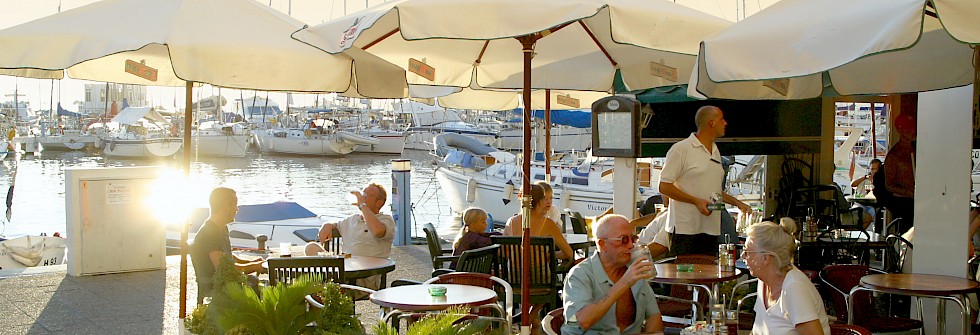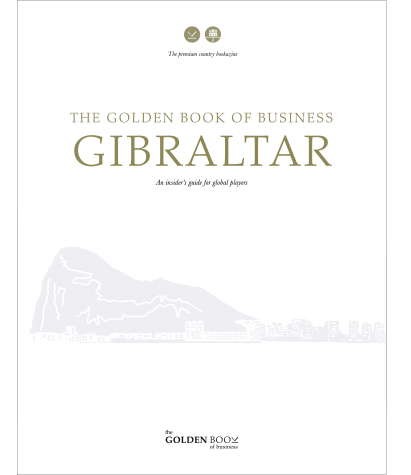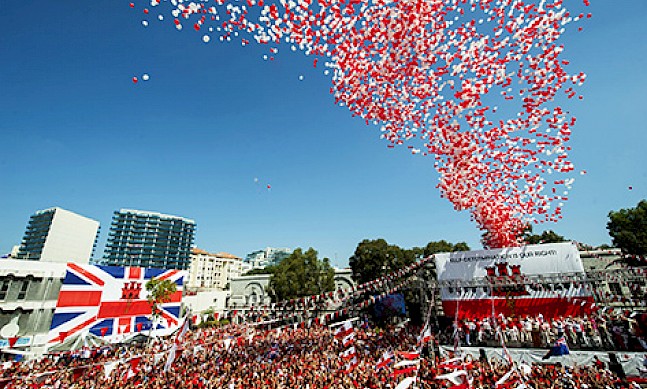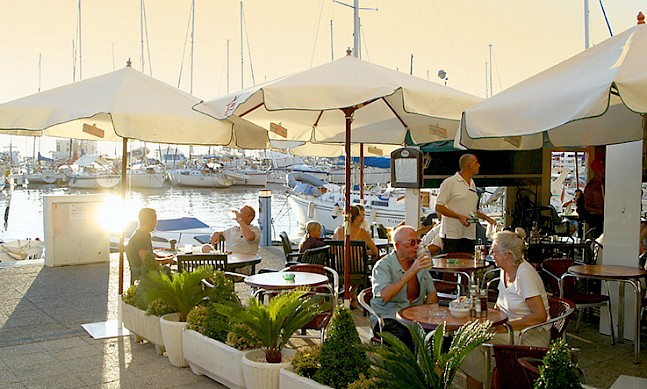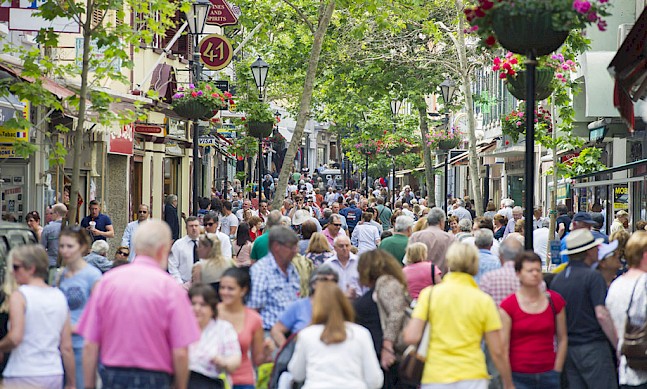Gibraltarians are often said to be more British than the Brits themselves. But being British takes nothing away from the feeling that, as a multicultural society bathed in the warmth of the southern Mediterranean, they have their own unique identity.
There are many possible ways to rub a Gibraltarian up the wrong way. A Madrileño could describe a Gibraltarian as an Andalusian, who, because of the circumstances of history, happens to speak English. A Mancunian could claim that because of the same curious mix of circumstances, a Gibraltarian is simply a Brit who happens to speak Spanish. But both would be wrong.
A Gibraltarian is, by sense of nationality, quintessentially British, and by sense of identity, quintessentially Mediterranean. They are no less British than the Scots or the Northern Irish, another product of the machinations of geopolitics that have forged a sense of identity that exists in a parallel fashion, with a strong sense of nationality that does not invite contradiction.
Since the invasion of Spain by the Berber general Tariq ibn Ziyad from whom the territory’s name derives – Jabal-al-Tariq means “Tariq’s mountain” in Arabic – in the early eighth century, the reconquest of Spain by the Catholic kings and the subsequent Treaty of Utrecht of 1713 during the War of Succession in Spain, Gibraltar has spent more time in British hands than in Spanish, hence the question of identity.
“Sephardic Jews in traditional black attire pass by Arab women regaled in a fashion that would not raise an eyebrow in a marketplace in Morocco”Post This
Walking through the old town of Gibraltar, if it weren’t for the heat of the Andalusian summer and certain quaint architectural features, one could be forgiven for thinking this was a little Britain. But from another point of view, it would not be too far removed from the truth to view the historic centre of Gibraltar as a Middle Eastern bazaar, bustling with activity. Gibraltar has become home to a bizarre and quite unique hotchpotch of the different cultures that have passed through what was, and still remains, a gateway between Africa and Europe, between the Mediterranean and the Atlantic.
Sephardic Jews in traditional black attire pass by Arab women regaled in a fashion that would not raise an eyebrow in a marketplace in Morocco. Through the Strait of Gibraltar have passed people from all corners of the Mediterranean basin, from different parts of Italy, Malta and Greece, who today rub shoulders with Britons and prosperous immigrants from the Indian subcontinent.
The Gibraltar of today is a cultural melting pot; a Mediterranean tree whose branches produce a colourful variety of different fruits, and a still life of history that is opening up for itself a vibrant path towards a multicultural future in a society of tolerance that is ever willing to embrace new ideas.
Plainspoken Llanito
Apart from their ability to switch with ease between English and Spanish, Gibraltarians also have their own particular dialect that highlights the diverse cultural and linguistic roots of the territory. The dialect is called Llanito, the same familiar name for a Gibraltarian. It derives from the Spanish word for plain, referring to the flat piece of land that stretches from the border with Spain to the Rock itself. In short, another layer of identity of the people of the plain. Sometimes the exact origin of Llanito words is obscure, such as the word maout for coins, but aywa clearly comes from the Arabic word for yes. The Focona area of the border is an evident derivation of the English four corners as is salti pina of salted peanuts. And if you have had your fill of laga (lager beer) and you need to go to the toilet, ask where the debliu si (WC) is.


